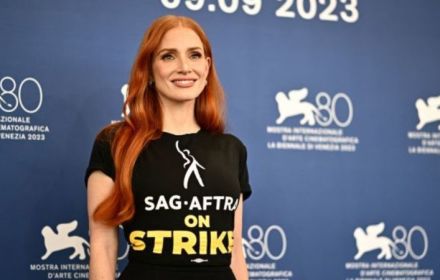Any hopes that the actor strike in Hollywood would be resolved soon took a hit this week as the Screen Actors Guild accused studios of bullying tactics with their latest negotiations.
Several movie and television productions have been left in a state of limbo over the last few months after the strike by the Writers Guild of America was announced in May. Not long after, they were joined by members of the Screen Actors Guild, who also went on strike.
The writers and actors share similar concerns with current contracts, as the previous agreement did not allow them to be eligible for residual payments from streaming services, while both groups were concerned about the emergence of Artificial Intelligence tools being used in the industry.
The writer strike was resolved and talks between the SAG-AFTRA (The Screen Actors Guild-American Federation of Television and Radio Artists) and AMPTP (The Alliance of Motion Picture and Television Producers) continued over the weekend, but both sides have stepped away from the table.
The AMPTP released a statement accusing SAG-AFTRA of extreme demands:
“Negotiations between the AMPTP and SAG-AFTRA have been suspended after SAG-AFTRA presented its most recent proposal on Oct. 11. After meaningful conversations, it is clear that the gap between the AMPTP and SAG-AFTRA is too great, and conversations are no longer moving us in a productive direction.”
The main reason for the breakdown was a request from SAG-AFTRA for a "viewership bonus" of $800 million per year — “which would create an untenable economic burden. SAG-AFTRA presented few, if any, moves on the numerous remaining open items.”
SAG-AFTRA statement
SAG-AFTRA has denied those numbers, which they believe have been inflated by as much as 60%, and accused The AMPTP of "bully tactics".
“These companies refuse to protect performers from being replaced by AI, they refuse to increase your wages to keep up with inflation, and they refuse to share a tiny portion of the immense revenue YOUR work generates for them. We have made big, meaningful counters on our end, including completely transforming our revenue share proposal, which would cost the companies less than 57¢ per subscriber each year,” the SAG-AFTRA negotiating committee said in a statement.
“The companies are using the same failed strategy they tried to inflict on the WGA – putting out misleading information in an attempt to fool our members into abandoning our solidarity and putting pressure on our negotiators. But, just like the writers, our members are smarter than that and will not be fooled.”









Comments (0)